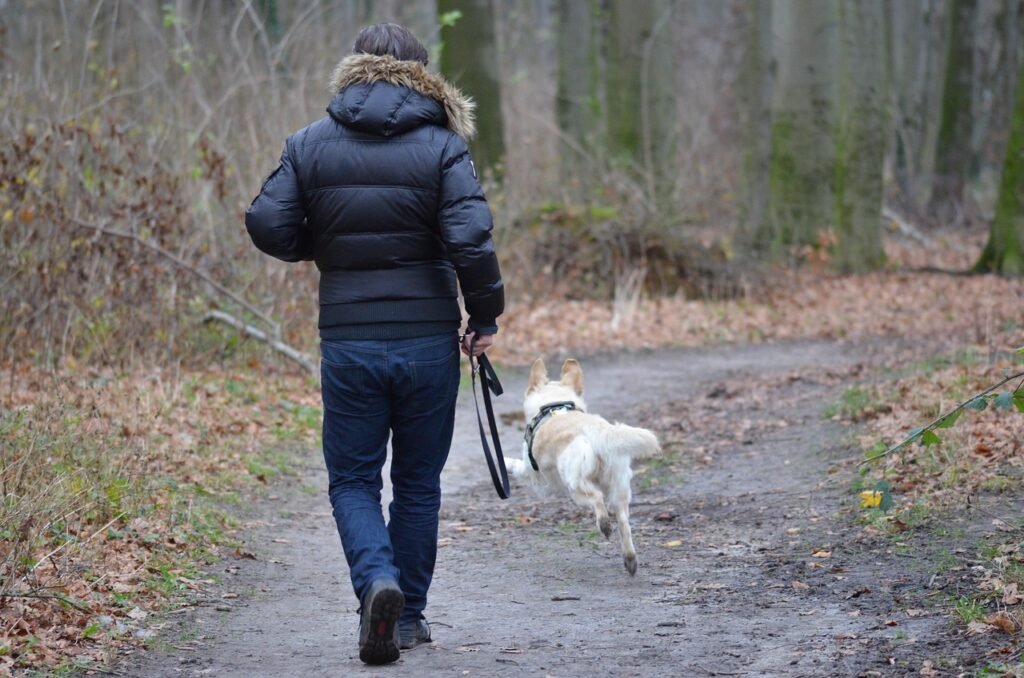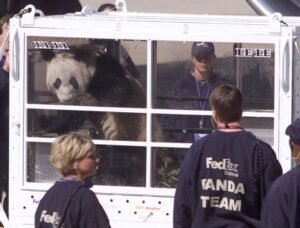While irresponsible pet ownership continues to escalate in the UK, the Government rests on its laurels under the misapprehension that their oft quoted saying that ” we have the best animal welfare laws in the world” is actually true.
While dangerous dogs roam the U.K attacking, injuring and killing humans and children alike, not to mention other dogs and livestock in ever increasing numbers, record numbers of unwanted pets in rescue centres and incidents of neglect and cruelty prevalent, the UK government scrapped its flagship animal welfare bill a few months ago, a 2019 election promise and seems to be in no hurry to take the issues seriously.

Spain’s new animal laws leading the way.
Whereas in Spain it appears they may be leading the way in really tackling the blight of irresponsible and uninformed dog and cat owning by introducing new laws from September 29, 2023. These are quite stringent with the inclusion of some far reaching and controversial requirements. All prospective dog owners must complete a course on how to look after them before acquiring one and present owners have two years to do the course. Failure or refusal means no dog ownership.
All pet owners must notify the authorities of an animal’s ownership so that a register can be kept. Non registered are subjected to seizure and sent to a protection centre and the owner fined. Third party civil liability insurance, vaccination and neutering will all be mandatory on dogs and cats which are not kept solely indoors. Most of these measures have a with 10,000 euro fine attached. Dogs can only be left home alone maximum six to eight hours, two hours in case of puppies or risk a 10,000 euro fine.
New fines and penalties have been drastically increased and divided into categories of seriousness of the offence and range from 500 euros to 200,000 euros and 3 to 18 months behind bars. These are way above UK penalties.
Are draconian laws to tackle irresponsible pet ownership the answer.
Draconian I hear everyone cry, but have we reached the point where they are necessary. Pushing the message that not all people have a right to own a pet despite their financial and physical circumstances has always been avoided for fear of riots in the streets, but the cause of most problems over the last few decades is that we have never addressed this issue. Even if Spain’s new regulations prove to be unenforceable it is a step in the right direction if we are ever to get on top of feckless and irresponsible ownership. But I fear most dog owners may not agree or would they?



